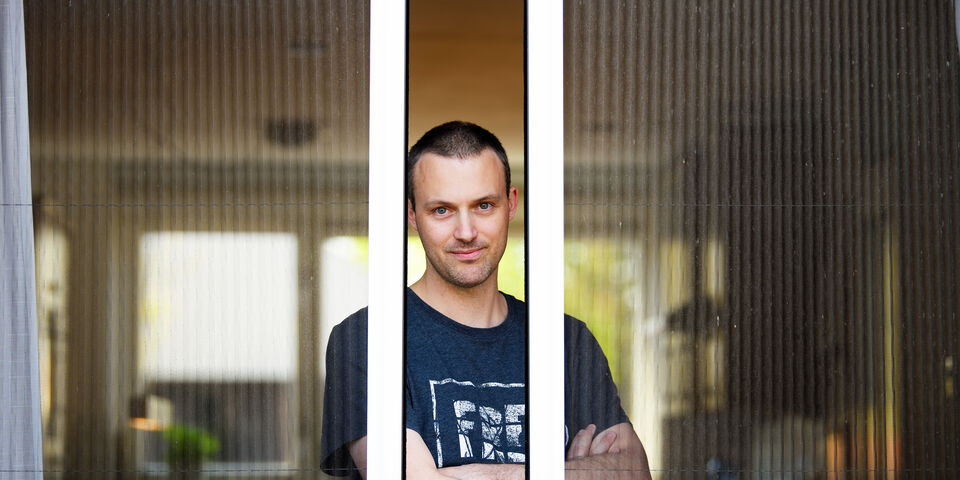1000 CVs
The university is growing. The Department of Mathematics and Computer Science is growing. Data Science, Mathematics, Computer Science and Artificial Intelligence are growing. And to cope with all this growth, my department has set up an open application procedure. A vacancy for about 25 structural scientific positions.
In two months time, the department received applications from exactly 979 applicants. I can tell you: all the processes that TU/e has devised regarding application procedures go out the window at such a moment. We have redesigned the entire process from front to back with the help of the departmental board, the HR team and the many colleagues involved at the department.
Because how on earth can you make a good selection of candidates out of so many applicants? How do you organize a hundred distributed job interviews in a short time (with presentations, mini-lectures, etc)? How do we ultimately reject more than 950 people? How do you find the time to discuss within the team? And how do you keep an overview of all processes?
From a process management perspective, we know that this scale requires far-reaching standardization. And let standardization be something that most scientists have difficulty with. Nevertheless, for the time being, it is possible to use the tight schedules and give the applicants the right experience.
Unfortunately, it is questionable whether it is enough. We see several candidates applying with offers from other universities under their arm. They want to come and work here, but the offer must be competitive.
Now, of course, TU/e is a top university, but - despite its ambitions - Eindhoven is not a world city. The campus is beautiful, but the buildings bulge in all directions. We have a lot of students per employee (at our department well over the twenty per employee that the rector talked about in his farewell interview last week), and often our processes are moving as slow as molasses in wintertime.
Still, there's something that makes this campaign really appealing. Completely contrary to tradition, in all 25 cases it is a permanent appointment. No tenure track, no, just a permanent appointment with a probationary period of one year, and, for the assistant professors, the promise to grow to the position of associate professor. And in doing so, we compete with foreign countries, where academic life often involves an endless pile-up of temporary positions, sometimes literally until the boss clears the field.


Discussion